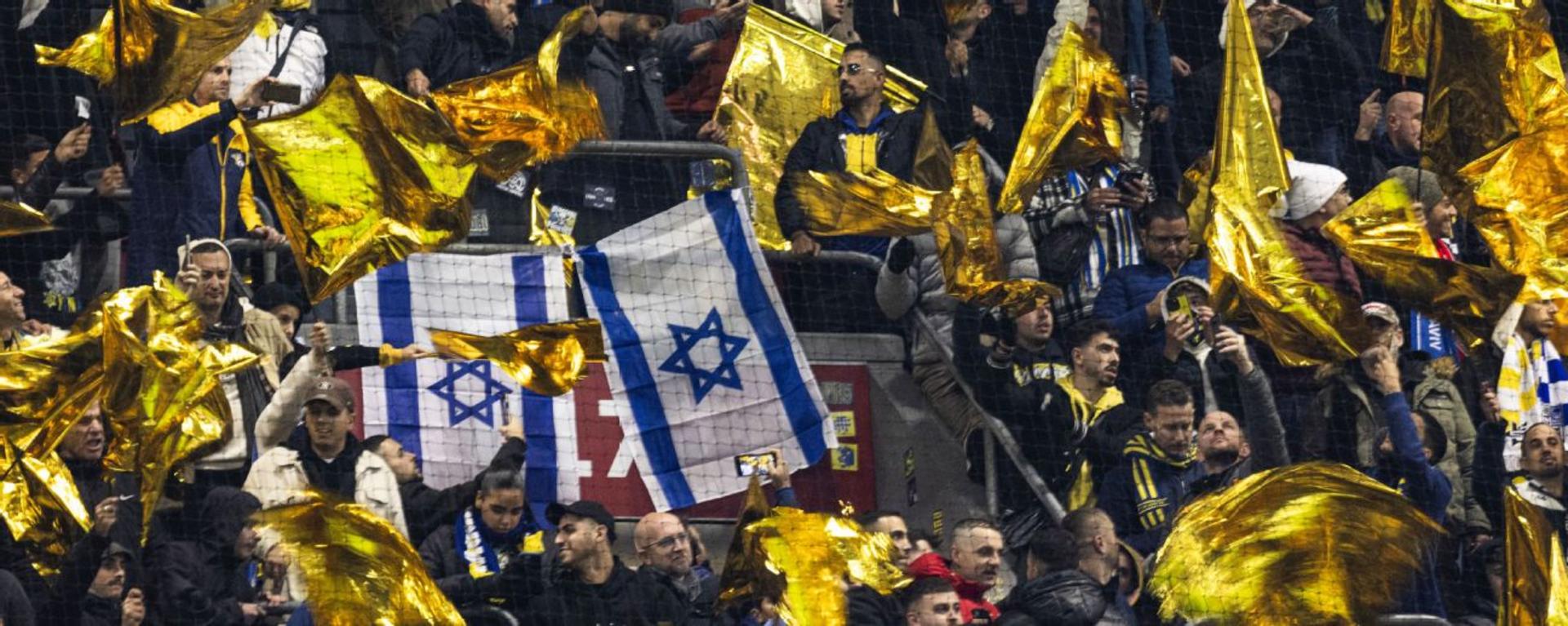Prime Minister Criticizes Ban on Maccabi Tel Aviv Fans at Aston Villa Game
The recent decision by the English Football Association to bar fans of Maccabi Tel Aviv from attending their Europa League match against Aston Villa has sparked controversy and debate. The ban, initially imposed due to concerns over possible protests during the fixture, has been publicly criticized by Israel’s Prime Minister, who called the move “wrong” and urged reconsideration.
Context of the Ban
The Europa League match between Maccabi Tel Aviv and Aston Villa had been highly anticipated by soccer fans. However, ahead of the game, Aston Villa announced that supporters of Maccabi Tel Aviv would not be allowed to attend the match at Villa Park. The club and authorities cited security risks and protests as reasons for this restriction.
As a result, many Maccabi Tel Aviv supporters expressed frustration and disappointment, stating that the ban unfairly punished fans who had no intention of causing disturbances. The decision also raised questions about fan rights and the responsibilities of football authorities in managing fixtures linked to political sensitivities.
Prime Minister’s Response
Israel’s Prime Minister weighed in on the controversy, publicly condemning the decision to block Tel Aviv fans from attending the match. In statements to the press, he described the ban as “wrong” and emphasized the importance of sports as a bridge between nations and cultures, not a platform for exclusion based on political issues.
The Prime Minister urged Aston Villa and the relevant football authorities to reconsider the ban, emphasizing that football should unite supporters and provide a safe environment for fans of all backgrounds. He expressed hope that mutual respect and dialogue could prevail, allowing fans to enjoy the game regardless of geopolitical tensions.
Reactions from Aston Villa and UEFA
Aston Villa officials maintained that the decision was taken out of caution and security concerns, highlighting their responsibility to ensure the safety of all attendees. UEFA, the governing body for European football competitions, has also acknowledged the complex nature of the situation but stood by the measures implemented in the interest of public order.
Implications for Football and Politics
This episode has intensified discussions about the intersection of sports and politics, particularly concerning football matches involving teams from regions with ongoing conflicts. The debate raises broader questions about how governing bodies balance fan safety with the right to attend games and the risk of political protests overshadowing sport.
Experts and commentators argue that while security considerations are paramount, the blanket banning of a supporters’ group could set a concerning precedent. There is a call for more nuanced approaches that respect fans’ rights while addressing potential risks.
Next Steps
Following the Prime Minister’s comments, calls for dialogue between the clubs, fans, and authorities have intensified. Some propose fan delegations or mediated discussions to foster understanding and ensure future matches can proceed inclusively and peacefully.
The situation remains evolving, with many watching closely to see if the ban will be lifted or adjusted ahead of the next fixtures involving Maccabi Tel Aviv.
Conclusion
The ban on Maccabi Tel Aviv fans attending the Europa League clash with Aston Villa has highlighted significant challenges at the crossroads of sport, politics, and security. The Prime Minister’s vocal opposition underscores the desire for football to remain a unifying force even amidst wider tensions. How this situation resolves could influence policies on fan attendance for future international fixtures.
Image courtesy by www.espn.com



